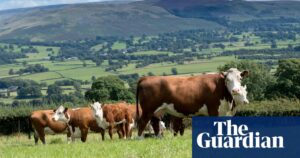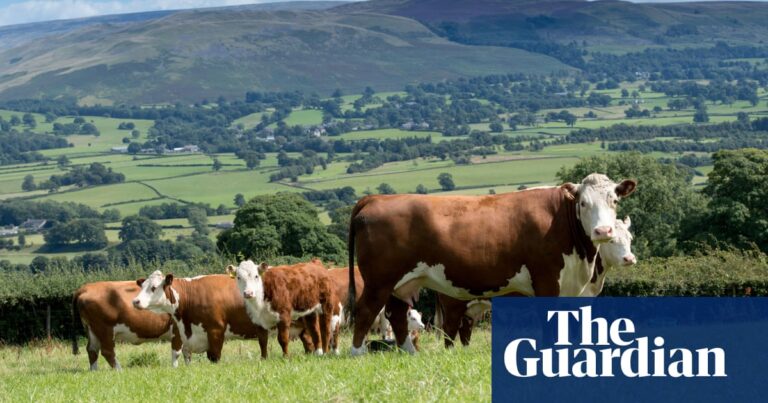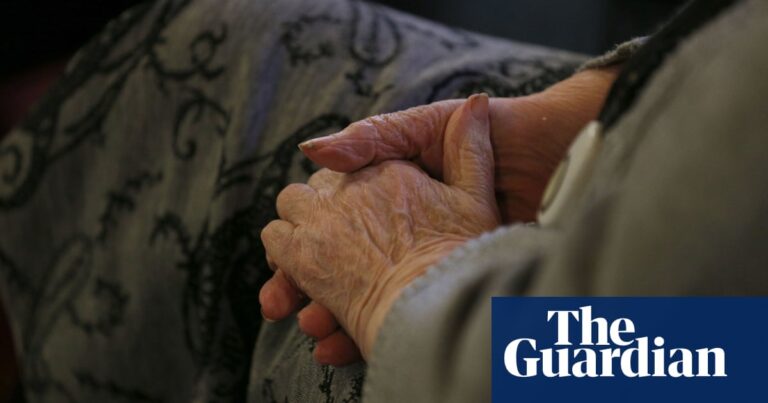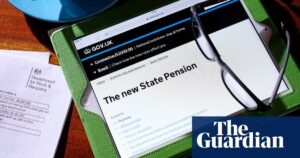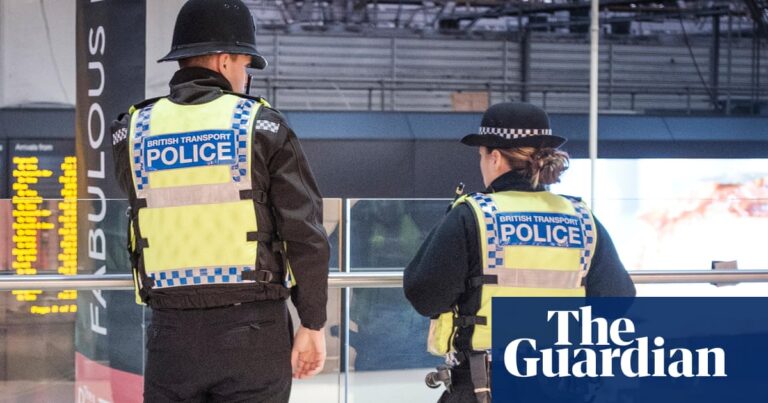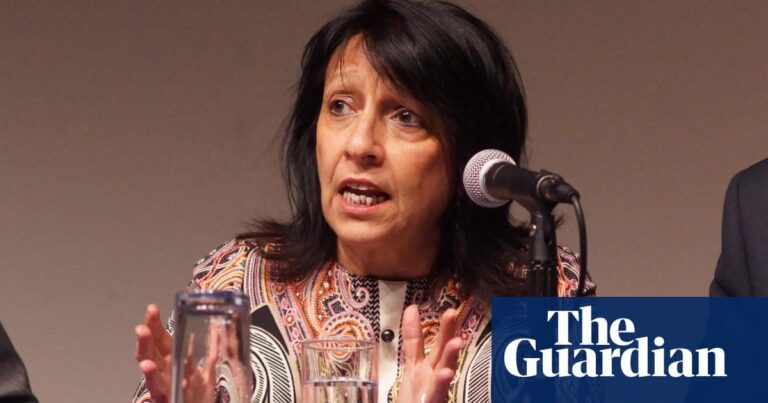
Keir Starmer does get asked about Labour’s plan to means-test the winter fuel allowance at PMQs, he may enjoying quoting Kemi Badenoch, the favourite in the tory leadership contest, in his defence.
As the Telegraph’s Ben Riley-Smith reports, Badenoch proposed means-testing the benefit when she was first running for the Tory leadership in the summer of 2022.
Badenoch said:
There is a lot of dead weight in how we run government,” said the shadow communities secretary in the clip from 2022. “I have people in my constituency telling me that they don’t need the winter fuel payments that we give them because they can afford it. Why do we not have a more sophisticated mechanism for means-testing?
The Badenoch campaign now says she was only proposing removing the winter fuel allowance from the most wealthy pensioners, not from the majority of pensioners (the Labour government’s proposal).
Starmer is vulnerable on this issue because means-testing the winter fuel payment was not included in Labour’s manifesto. But it was in another recent election manifesto – the Conservative party’s in 2017, when Theresa May was PM. Her manifesto said:
We will look at winter fuel payments, the largest benefit paid to pensioners, in this context. The benefit is paid regardless of need, giving money to wealthier pensioners when working people on lower incomes do not get similar support. So we will meanstest winter fuel payments, focusing assistance on the least well-off pensioners, who are most at risk of fuel poverty.
Keir Starmer is taking PMQs today. It is only his second PMQs as prime minister, but don’t expect fireworks, high drama and a defining party politial encounter. That is more likely when Starmer gets to face a permanent opposition leader, not Rishi Sunak, who is just working his notice period. And parliamentary business in the Commons today will be dominated by the publication of the final report from the inquiry into the Grenfell Tower fire. Starmer will be making a statement on this to MPs straight after PMQs, but most of our Grenfell coverage will be on a separate live blog.
At his first PMQs, before the summer recess, Starmer came under pressure over the two-child benefit cap. Today the PM is likely to face questions about the government’s decision to means-test the winter fuel allowance for pensioners, and claims that millions of pensions who are not poor enough to qualify for pension credit will struggle to heat their homes this winter when they lose the payment (worth up to £300). As Pippa Crerar reports, MPs will vote on this next week.
Just ahead of PMQs, internal Treasury figures that will help Starmer defend means-testing the winter fuel allowance have conveniently ended up in the hands of the BBC. Ministers have justified removing the benefit from most pensioners on the grounds that pensioners are generally much better off, compared to the population as a whole, than they were when Gordon Brown introduced the winter fuel allowance in 1997. That is largely because of the pension triple lock (introduced by the coalition). The triple lock ensures that state pension rises every year either in line with prices, earnings or 2.5% – whichever is higher.
Next year the state pension will rise in line with earnings, which are currently rising faster than inflation (2.2% in July, although the Septembe figure is the benchmark) or 2.5%. The latest earnings figures are not due out until next week. But Faisal Islam, the BBC’s economics editor, says he has seen internal Treasury figures showing that, on the basis of those earning figures, the state pension will rise by more than £400 next year. In his report Islam says:
The Treasury expects the new full state pension to be boosted above inflation by over £400 a year in cash terms, as a result of the triple lock next April.
The internal working calculations, seen by the BBC, reflect the near certainty that the state pension will be increased by average earnings figures released next week.
This will take the full state pension for men who were born after 1951 and women born after 1953 to around £12,000 in 2025/26, after the £900 increase last year.
Pre-2016 retirees, who may have been eligible for the secondary state pension, are likely to see at least a £300 a year increase in the basic state pension to £9,000 in 2025/26 under the old system.
The Treasury will be hoping that, because £400 is more than £300, MPs will conclude that this will more than compensate for the loss of the winter fuel allowance. It is not that simple, of course, because the rise in the state pension is meant to help with all the multiple extra costs and price rises pensioners face over 12 months, not just the loss of a single payment. But it might take the edge off some of the concern about the winter fuel allowance policy.
Here is the agenda for the day.
11am: The final report from the inquiry into the Grenfell Tower fire is published.
Noon: Keir Starmer faces Rishi Sunak at PMQs.
12.30pm: Starmer makes a statement to MPs about the Grenfell inquiry report.
1.30pm: Conservative MPs start voting in the first ballot for the leadership contest. The ballot closes at 3pm and the results will be announced at 3.30pm.
2.50pm: John Swinney, Scotland’s first minister, announces his programme for government in a statement to MSPs.
If you want to contact me, please post a message below the line (BTL) or message me on social media. I can’t read all the messages BTL, but if you put “Andrew” in a message aimed at me, I am more likely to see it because I search for posts containing that word.
If you want to flag something up urgently, it is best to use social media. I’m still using X and I’ll see something addressed to @AndrewSparrow very quickly. I’m also trying Bluesky (@andrewsparrowgdn) and Threads (@andrewsparrowtheguardian).
I find it very helpful when readers point out mistakes, even minor typos (no error is too small to correct). And I find your questions very interesting too. I can’t promise to reply to them all, but I will try to reply to as many as I can, either BTL or sometimes in the blog.
Source: theguardian.com



